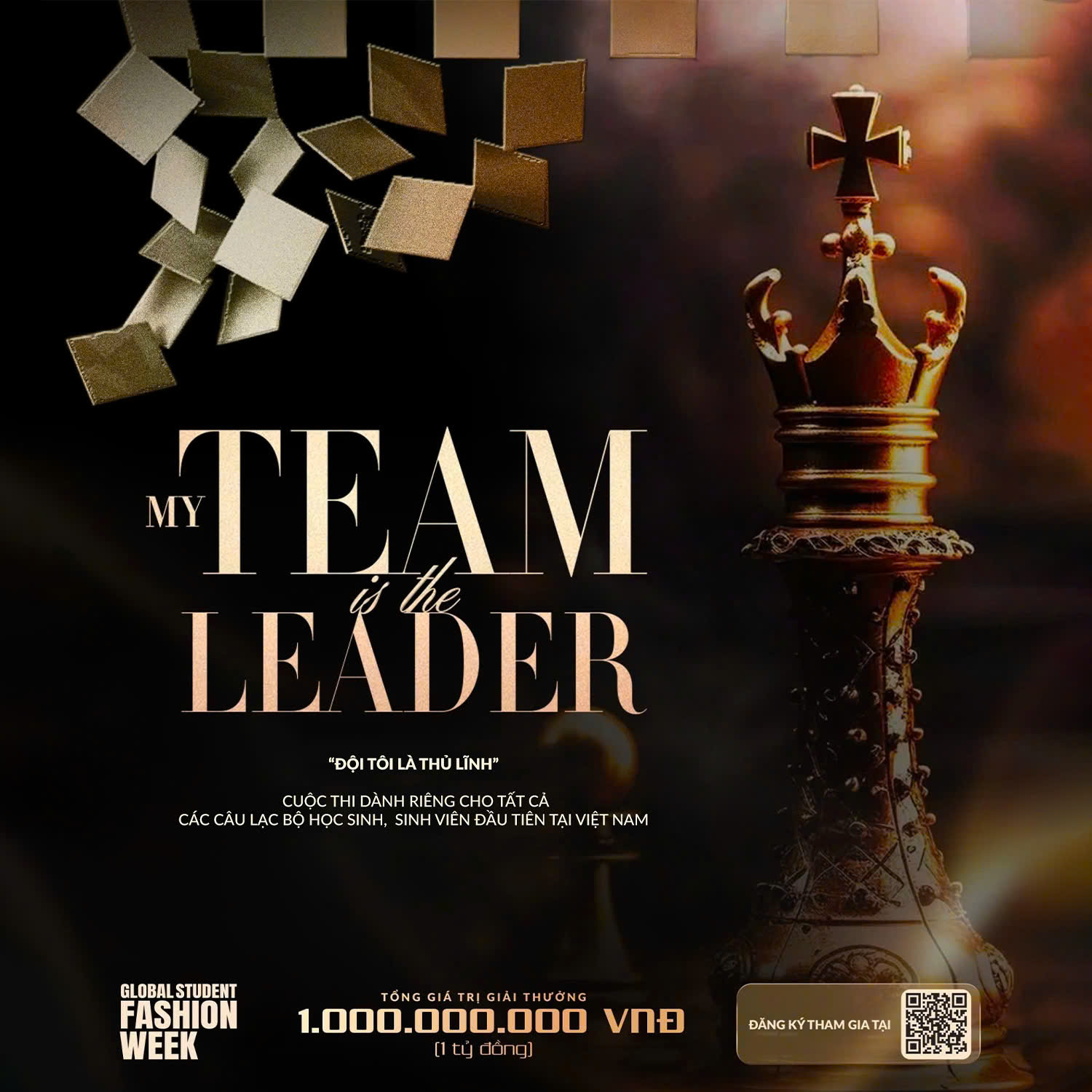3 recommendations for teachers and school leaders
Tim Miller
Tim Miller is a New York City public elementary school principal and a post-doctoral research fellow at the University of Pennsylvania.
November is Native American Heritage Month, a tribute dating back to a 1990 presidential proclamation by President George H.W. Bush to recognize the rich history and culture of Indigenous peoples in the United States. The month affords K-12 educators an opportunity to illuminate the varied Indigenous ways of knowing and being.
It also offers an on-ramp for educators to develop year-round curricula that guide students in critical evaluation of the United States as a settler colonial state, which is defined as a state that displaces Indigenous peoples and establishes a permanent society of settlers. Schools must play a role in this reckoning to help students make sense of the physical and psychological violence that has burrowed into our national identity.
It is clear to me as an elementary school principal and researcher of decolonizing educational leadership that U.S. public schools have a tendency to avoid honest examinations of our national history.
I once observed a class in which a new district-mandated reading curriculum prompted students to respond to the question, “What character traits were needed in people who settled the West?” Students were given time to organize their thinking on Post-it notes before placing them on an interactive thinking map under the categories “not easily discouraged,” “hardworking,” and “courageous.”
The lesson exemplified how some elementary-level social studies and reading curricula casually celebrate “Westward Expansion” through the one-sided colonial narrative of white pioneers. Indigenous peoples are often dehumanized, commonly either denigrated as terrorizing threats to settlers’ total freedom to acquire land and wealth or romanticized as “noble savages.” Missing are Native American perspectives on the seizure of their land, their removal to reservations, and their resistance to genocide.
Secondary-level humanities and U.S. history curricula also aid and abet this suppression. All too often, middle and high school curricula emphasize upbeat multiculturalism and unquestionably propagate grand myths of American exceptionalism, our manifest destiny to usurp land, and our ordained responsibility to keep order in the world.
The unit containing the exercise I observed was cut by central offices the next school year—a decision that had more to do with aligning sequence and pacing to standards than with the troubling thematic content.
And therein lies the problem: The content we teach—including the full history of the United States for better or for worse—should be every bit as important as the reading skills and standards students need to learn. The precise nature of what we teach in public education, as well as what we don’t teach, will either sustain our collective amnesia or wake Americans up to our collective responsibility for addressing injustice—past, present, and future.
Presenting students with a fuller, authentic account of U.S. history is, admittedly, no easy task. Curricular companies do not always prioritize historically accurate content, and teachers with preciously limited time will likely struggle to curate their own. District-mandated curricula that place standardization ahead of the needs of local communities also impose barriers.
I found this out years ago after leading efforts in my school to modify our reading and writing units in culturally responsive and sustaining ways. Teachers spent evenings and weekends compiling resources that represented the various ethnic, linguistic, and historical backgrounds of our school community—only to have the work overhauled with a new districtwide, uniformly mandated reading program.
It is imperative that we advocate greater self-determination that would allow local school communities to cut through standardized curricula.
In the meantime, however, there are some steps teachers and school leaders can take in their own classrooms and schools. Here are a few simple suggestions to begin the long work of decolonizing biased or factually inaccurate content we offer students:
- Familiarize yourself with our settler-colonial history. Pay attention to how public education itself has a history of reinforcing long-standing patterns of power, including colonialism, capitalism, imperialism, racism, and sexism. (The resource box below is a great place to start.)
- Interrogate textbooks, publisher-produced curricula, and other resources. Look for content that faces historical reality honestly without obscuring Indigenous narratives. School and district leadership must ensure that skilled teams are put together and time is allocated to do this probing work. The Transformational Indigenous Praxis Model developed by Cornel D. Pewewardy, Anna Lees, and Hyuny Clark-Shim is one excellent framework to get started.
- Teach historical content through exposure, rather than through indoctrination. That means encouraging students to grapple with competing ideas about the world, not simply presenting them with a select group of ideas in exclusion to others. This can be done by coupling two versions of a story or pairing opposing ideas or texts and then allowing students time for discourse to dissect the nuances of each account. Setting up students for civic dialogue promotes listening, critical reflection, and collaborative decision making, all of which are decolonizing pedagogical moves that challenge traditional power dynamics including top-down communication and hegemonically imposed uniformity of thinking.
Teaching the full history of the United States in K-12 classrooms offers an opportunity to remember and celebrate the achievements of Indigenous peoples and the perseverance of their cultures all year long, rather than tokenizing these explorations once a year during Native American Heritage Month. Curricular evasions of truth sustain blissful ignorance, allowing for those at the top of the U.S. racial and class hierarchy to enjoy their privilege without acknowledging its basis in exploitation.
If we can truly confront the significance of our country’s settler colonial origins, future generations will be better positioned to dismantle ongoing systems of oppression in the United States.
Nguồn: [Education Week][https://www.edweek.org/teaching-learning/opinion-this-native-american-heritage-month-we-must-confront-our-nations-violence/2024/11]



